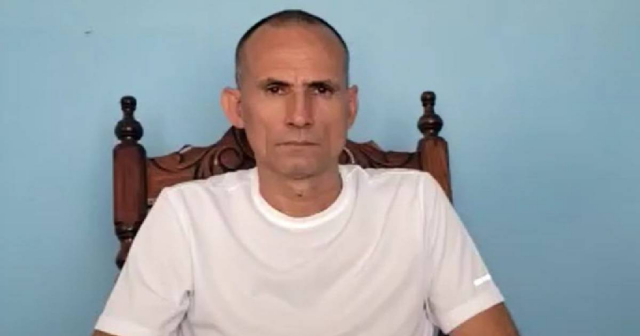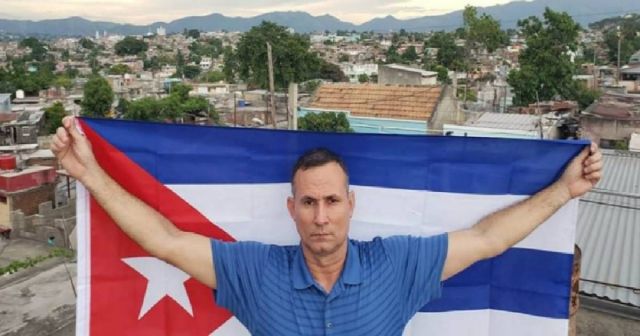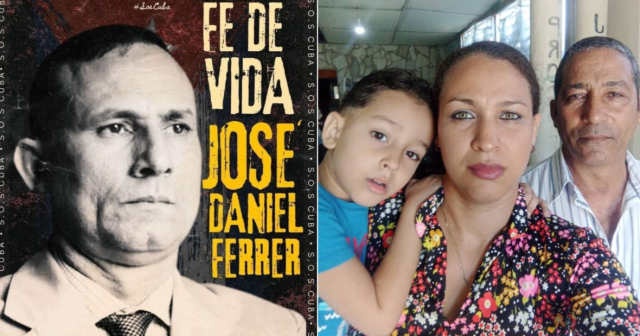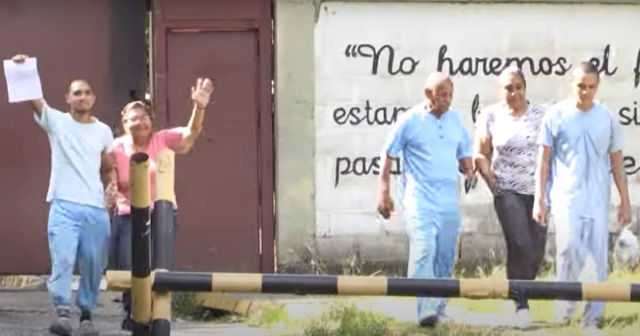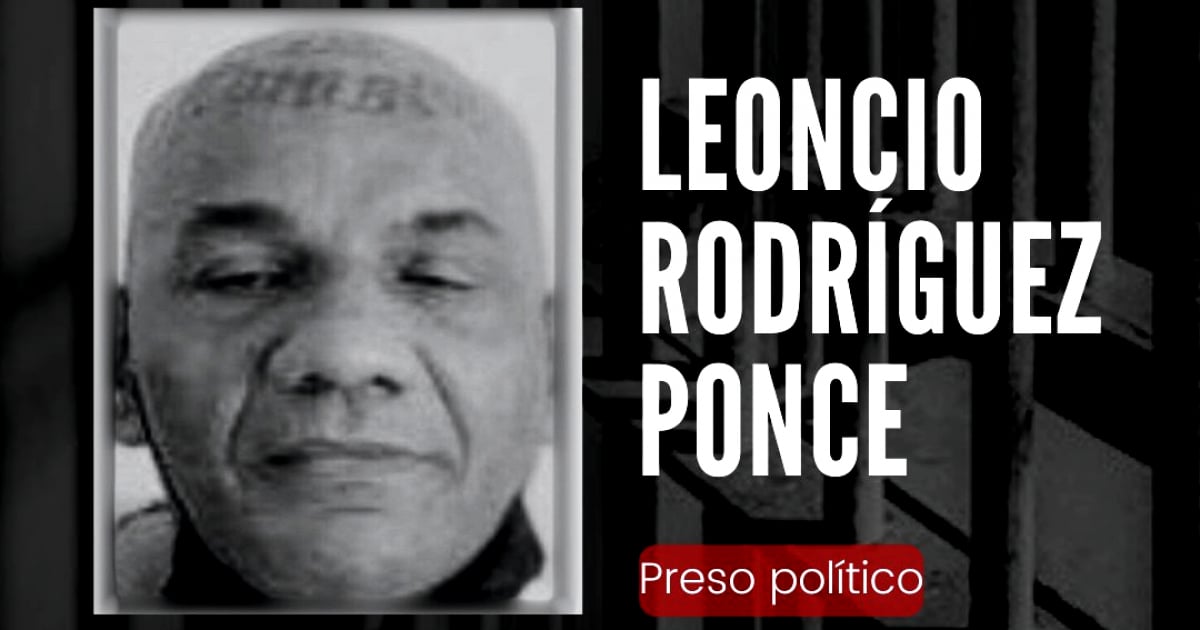
The critical situation of Leoncio Rodríguez Ponce, a Cuban political prisoner incarcerated for 36 years, has raised alarm among human rights organizations such as Cubalex, which reported a lack of medical attention and the extreme deterioration of his health.
Confined in the provincial prison of Holguín, Rodríguez Ponce is facing multiple life-threatening illnesses, while the prison authorities continue to deny him the minimum standards of care.
An emblematic case of resistance and neglect.
Rodríguez Ponce, 60 years old and originally from the province of Guantánamo, suffers from ulcers, hypertension, severe malnutrition, kidney problems, rheumatism, and hemorrhoids.
According to information provided to Cubalex, despite the authorization from the Prison Directorate to transfer him to Guantánamo, the prison authorities in that province have refused to accept him, which keeps him away from his family and without access to essential support networks.
The political prisoner, incarcerated since June 28, 1988, has been a victim of constant reprisals due to his opposition to the Cuban regime.
The authorities accuse him of offenses such as "disobedience," "prison disorder," and an alleged "attack on the figure of Fidel Castro" due to an incident in the Boniato prison, where he spat in a cell that had been occupied by the dictator.
A constant transfer as punishment.
During his long confinement, Rodríguez Ponce has been moved between several prisons in the country, including Boniato in Santiago de Cuba, Kilo 8 in Camagüey, Villa Clara, the Combinado del Este in Havana, Pinar del Río, and Guantánamo.
For the past three years, he has been held in the Holguín prison after being turned away again in Guantánamo. These constant transfers have not only heightened his isolation but have also hindered access to adequate medical treatment and a family environment.
One of the most notable incidents of his life in prison occurred in Boniato, where, following a beating, he tattooed the word "change" on his forehead as a form of protest.
The State Security has repeatedly pressured him to remove the tattoo, offering him parole in return. Rodríguez Ponce has rejected these offers, and in retaliation, the authorities have denied him prison benefits.
A national issue
The case of Rodríguez Ponce is not an isolated incident. The situation of political prisoners in Cuba is worrisome, with numerous reports of inadequate medical care and cruel treatment.
For example, the activist Pedro Albert Sánchez has staged hunger strikes in prison, worsening his already fragile health, and José Daniel Ferrer, leader of the Cuban Patriotic Union (UNPACU), recently suffered a beating in prison, leaving him with visible injuries on his face.
These situations reflect the pattern of systematic repression and neglect towards political prisoners on the island.
Cubalex and other international organizations have demanded that the Cuban regime ensure adequate medical care, respect the fundamental rights of political prisoners, and take urgent measures to protect their physical and emotional well-being.
These demands gain greater significance in a context where the deterioration of health is used as a mechanism of political pressure, highlighting the extreme vulnerability of those who speak out against the system.
A call to action
The case of Leoncio Rodríguez Ponce demands urgent attention. His endurance in inhumane conditions has turned him into a symbol of resistance, while also highlighting the brutality of a prison system that employs punishment and neglect as tools of control.
Organizations like Cubalex are calling on the international community to amplify the visibility of this case and others like it, urging an immediate response that ensures the lives and rights of Cuban political prisoners.
The situation of Rodríguez Ponce is one of many that highlight human rights violations in Cuba, where opposition to the regime is met with severe punishment and where prison conditions pose a constant threat to the lives of detainees. Sharing these stories and demanding justice is a necessary step to put an end to these practices and ensure respect for human dignity.
The message that Leoncio Rodríguez Ponce sent to the European Union
From the maximum-security prison Kilo Ocho in Camagüey, Rodríguez Ponce issued a powerful open letter in January 2019 addressed to Federica Mogherini, who was then the High Representative of the European Union (EU) for Foreign Affairs, and to Hugo Sobral, who was then the Director General for the Americas at the European External Action Service.
In his letter, the veteran political prisoner raised nine questions that challenged the consistency of European policy regarding human rights violations in Cuba.
Rodríguez Ponce recorded a message from prison, which was shared by Jorge Luis García Pérez Antúnez, leader of the Civic Resistance Front "Orlando Zapata Tamayo." In his address, he questioned why the European Union maintained a lenient approach toward the Cuban regime while applying pressure on dictatorships like that of Venezuela.
Additionally, he asked whether the human rights of the Cuban people were less important than European economic and commercial interests.
The prisoner also denounced the lack of real pressure to release political prisoners and pointed out the hypocrisy of criticizing the U.S. embargo without questioning the Cuban regime for blocking the fundamental rights of its people. "Don't you think you are also guilty of this macabre and bloody game?" he declared.
Filed under:


